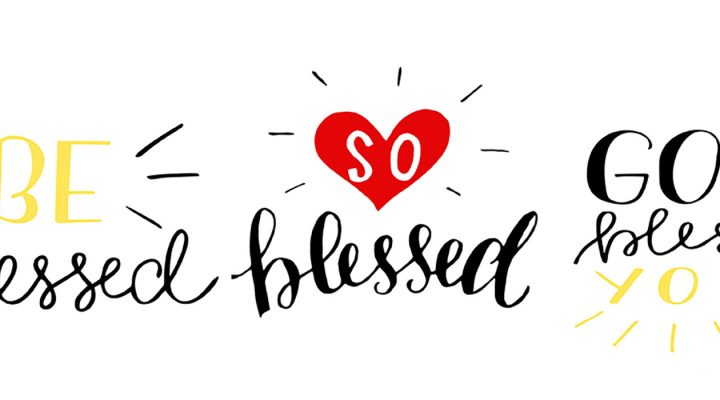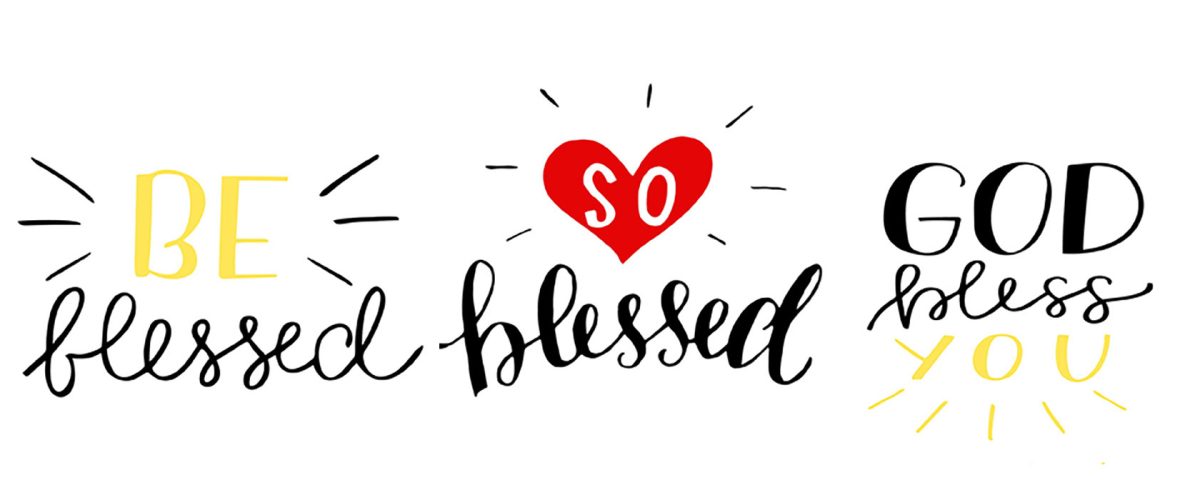“The hardest arithmetic to master is that which enables us to count our blessings,” according to philosopher Eric Hoffer.
I grew up in church singing the beloved hymn by Johnson Oatman Jr., “Count Your Blessings.” What is a blessing? And when you “name them one by one,” what do you name?

Barry Howard
In my early years, I thought a blessing was something to enjoy or consume, like a new toy under the Christmas tree or my grandparents taking me to my favorite restaurant.
As I’ve grown older and hopefully a little wiser, I understand blessings to be less consumer-centric and more life-giving, more oriented toward the common good. The dictionary defines a blessing as “God’s favor and protection.” That’s not necessarily wrong. The definition is just not big enough. Blessings run deeper.
When some individuals say, “I am blessed,” the statement seems to be a humble brag or mere religious jargon. There are other times when we or others realize we are blessed, and that affirmation emerges from a growing self-awareness or epiphanic realization of our endowment.
Thanksgiving is just around the corner. As we prepare to give thanks, here are seven reflections to help us inventory our blessings:
- Blessings come in a variety of shapes and sizes. Blessings may be large or small, simple or complex, singular or plural, short-term or long-term, material or spiritual.
- To be blessed is to be endowed with a gift or resource. That resource may take the form of a capacity, a potential, an opportunity or a sphere of influence. To say we have been blessed is to confirm we have been equipped or empowered to do something good or something meaningful.
- Blessings are usually conveyed to us or affirmed in us via human messengers. Our blessings may originate in the heart of God, but they are most often delivered or awakened by individuals who may or may not be aware of the gift they transport.
- A blessing may be tangible or intangible. Our car, a tangible asset, is a blessing that gives us the capacity for transportation. Our spiritual gifts, intangible assets, give us the capacity to serve.
- We are blessed so that we may be a blessing. We are designed as conduits through which our blessings are to be shared, not reservoirs in which our blessings are stored. Blessings are like manna. When they are unused, they spoil.
- Neglected or misappropriated blessings may become burdens. For example, a nice house can be a blessing when it is used to nurture relationships, provide safety, host friends and offer hospitality. However, a nice house also can become a burden that imprisons us in debt, loneliness or despair when our priorities are misaligned.
- Blessings are not always easily recognized and ready to use. Blessings do not usually glitter like gold. Janette Oke suggests, “Blessings sometimes show up in unrecognizable disguises.” Sometimes blessings, like products from Ikea, arrive with “assembly required.”
When you count your blessings, don’t just name the possessions you have acquired or accumulated. Name the life-giving resources and relationships that give meaning and purpose to your existence.
Someone once said, “Don’t just count your blessings. Be the blessing others count on.”
Barry Howard serves as pastor of the Church at Wieuca in North Atlanta. He also serves as a leadership coach and columnist with the Center for Healthy Churches. He and his wife, Amanda, live in Brookhaven, Ga.
Other articles in this series:
‘We’re so blessed!’ | Opinion by Mark Wingfield
Blessing is not about good fortune; it is akin to God’s love | Opinion by Ann Bell Worley
Original blessing, the #blessed hashtag, and what it really means to be blessed | Opinion by Andrew Daugherty
When being a ‘blessing’ comes with some baggage | Opinion by Amber Cantorna
Seeing mortality as a blessing | Opinion by Cynthia Astle
Blessed by life’s diversions | Opinion by Jeff Hampton
Blessing is naming what is true | Opinion by Erin Robinson Hall
The blessing of provocation | Opinion by Molly T. Marshall
Blessed to be a blessing, globally | Opinion by Erich Bridges


